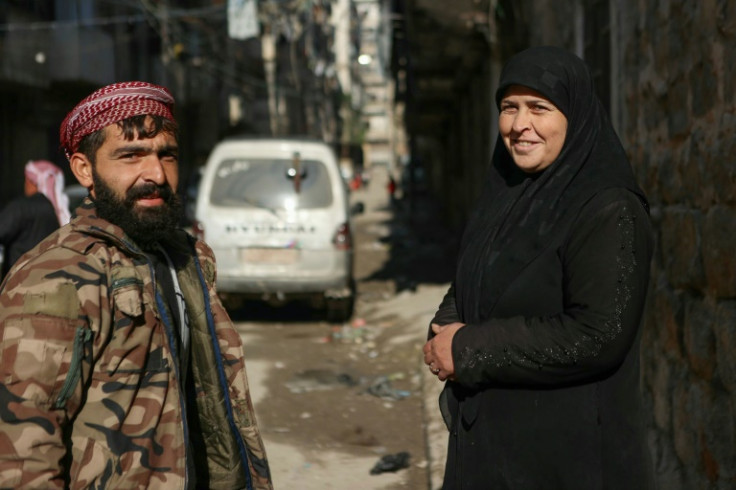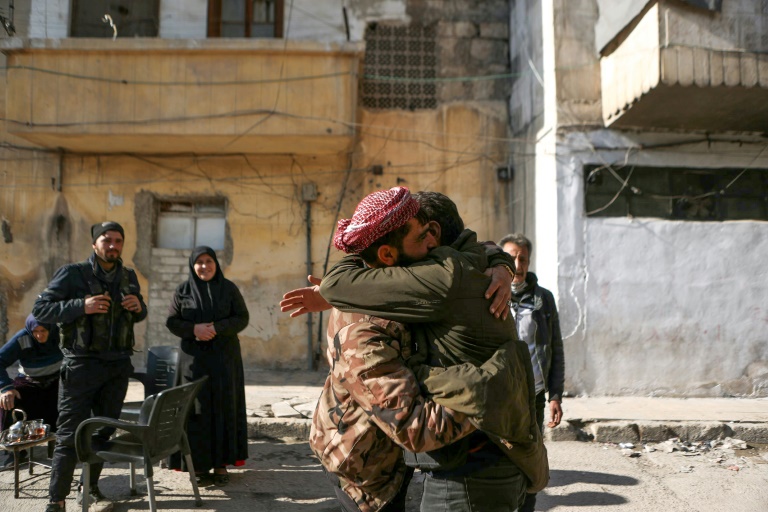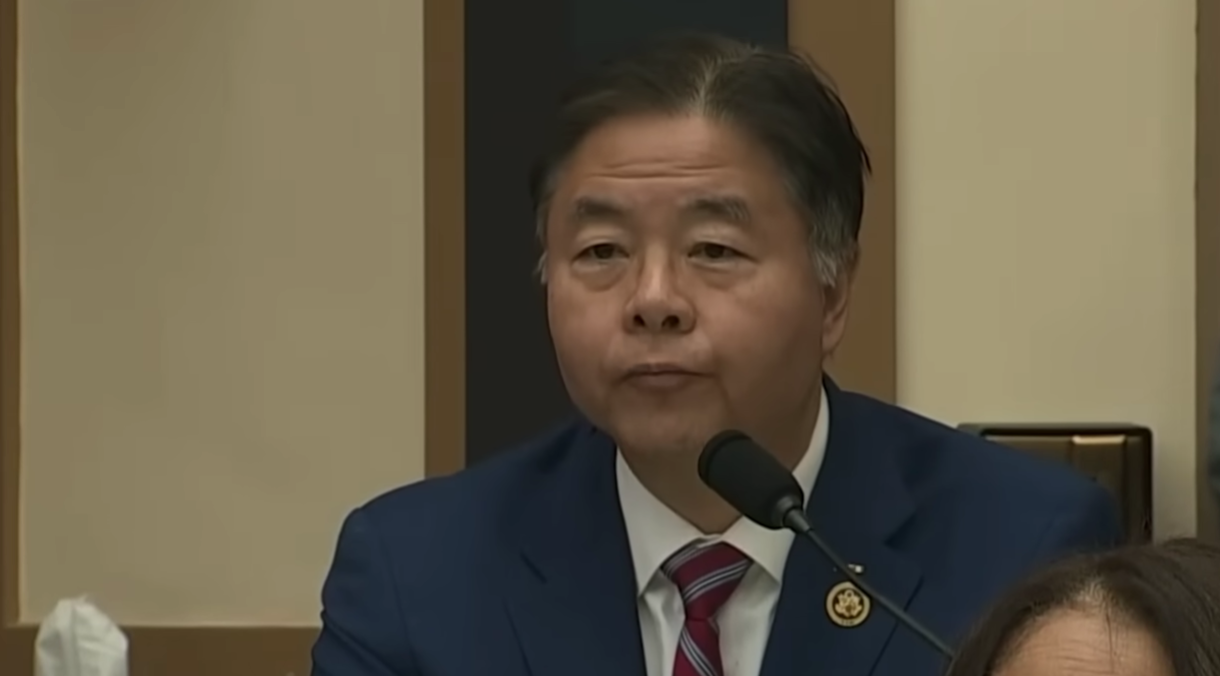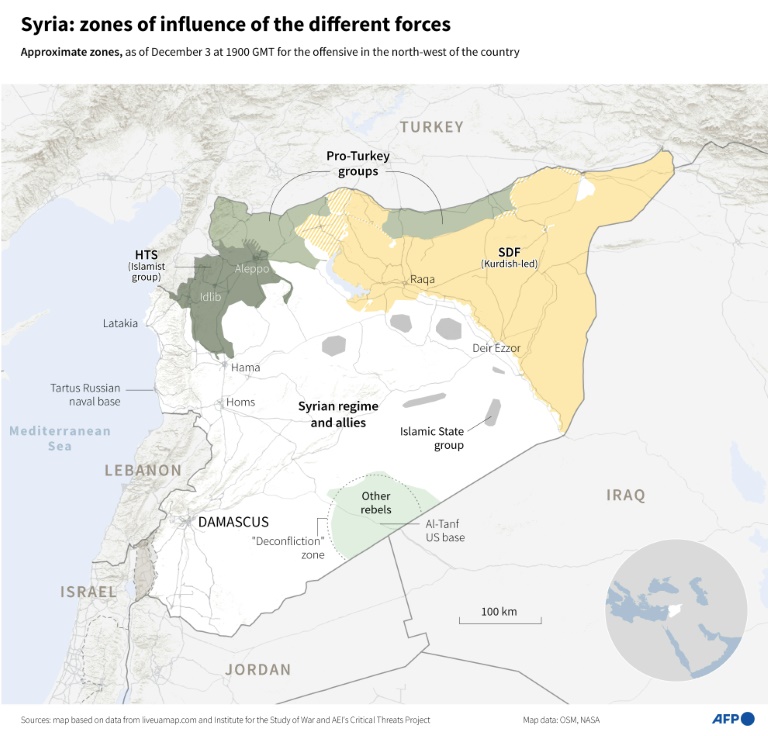The fall of Syria’s second city, Aleppo, to Islamist-led rebels has brought flight and displacement for some, but for others like Bahria Bakkur, it has led to long-awaited reunions.
After almost a decade apart, 43-year-old Bakkur was finally able to embrace her son, separated when government forces reclaimed control of their city.
The Islamist-led rebels’ lightning assault on Aleppo has revived a war that had been mostly dormant for years.
The fighting in northern Syria since last week has killed hundreds and heightened concerns for civilians, but for Bakkur, it meant being with her son again.
“I wasn’t expecting this to happen. I thought I would die before getting to see him,” said Bakkur, tears in her eyes.
She last saw her son Mohammed Jomaa, now 25 years old and a father of four, in 2016, when Syrian President Bashar al-Assad’s forces retook Aleppo’s eastern districts after a brutal siege.
Jomaa was one of tens of thousands who had fled the city earlier in the war, only to return in recent days.
“It’s an indescribable joy,” he said. “I still can’t believe I’m back in Aleppo.”
Since leaving Aleppo, Jomaa spent several years in rebel-held Afrin, about 40 kilometres (25 miles) from his family home.
“We knew that we couldn’t stay in Aleppo because we were labelled ‘terrorists’. We were trapped and had to leave Aleppo,” said Jomaa, donning a military vest and a traditional red-and-white keffiyeh scarf.
His mother said she was “counting the minutes and the hours until I see him”.
“Praise God, I’ve seen him. It’s like the entire world is smiling at me.”
In some parts of the city, the streets are quiet and residents are anxious, fearing the situation could deteriorate.
The United Nations said on Wednesday that 115,000 people had been “newly displaced across Idlib and northern Aleppo” by the fighting.
UN envoy Geir Pedersen said that the latest “developments have provoked different reactions among the Syrian people — a grave threat for some, a signal of hope for others”, urging the protection of civilians.
For Jomaa, the joy of reuniting with his family was incomplete.
He said his father was detained by regime forces after they had regained control of Aleppo in 2016, and since then, “we don’t know anything about him”.
“I only wish my dad would come back.”
Just outside the house, relatives and neighbours came to greet Jomaa upon his return, though the conversation quickly turned to the latest news from the battlefield.
Ahmed Orabi, 35, has also returned home to Aleppo, reunited with his young daughter.
Seven years ago, they fled to Idlib province, where many people were displaced to from elsewhere in Syria.
But escalating air raids had again forced Orabi’s wife to seek safety, returning to her family in Aleppo along with their daughter, Acil.
Orabi, an opposition media activist, did not want to stay far from his family and hometown for so long, but could not return so long as Aleppo was under Assad’s control.
“Coming back was like a dream,” he said.
“When the battles started, I didn’t wait. I wanted to see my daughter… I decided to go to her.”
Though “the road wasn’t completely clear,” Orabi said he made it to the neighbourhood where his daughter lived.
“I called out her name” and “once I saw her, it was such a beautiful moment”, he said.
He regrets the years spent apart, but is now trying to make up for lost time.
“I didn’t know how being a father felt like — I couldn’t hug her in my arms and kiss her.”
With the family back together in Aleppo, Orabi took his daughter to a public park where they can play and create memories together.
“As a father, these are the happiest moments,” he said.
AFP

AFP







